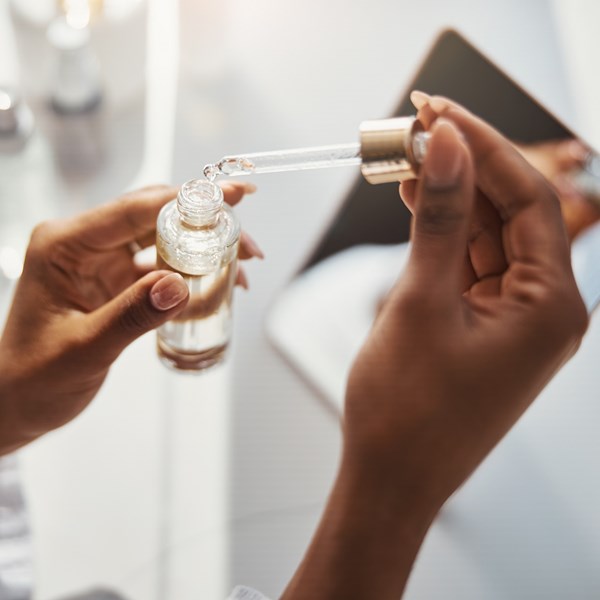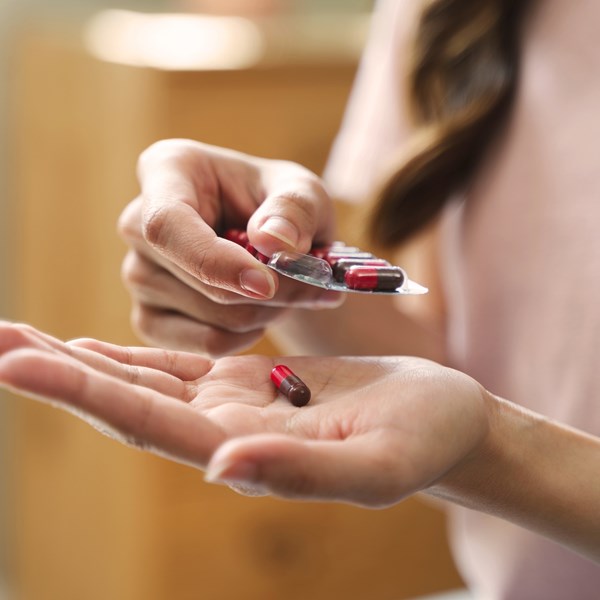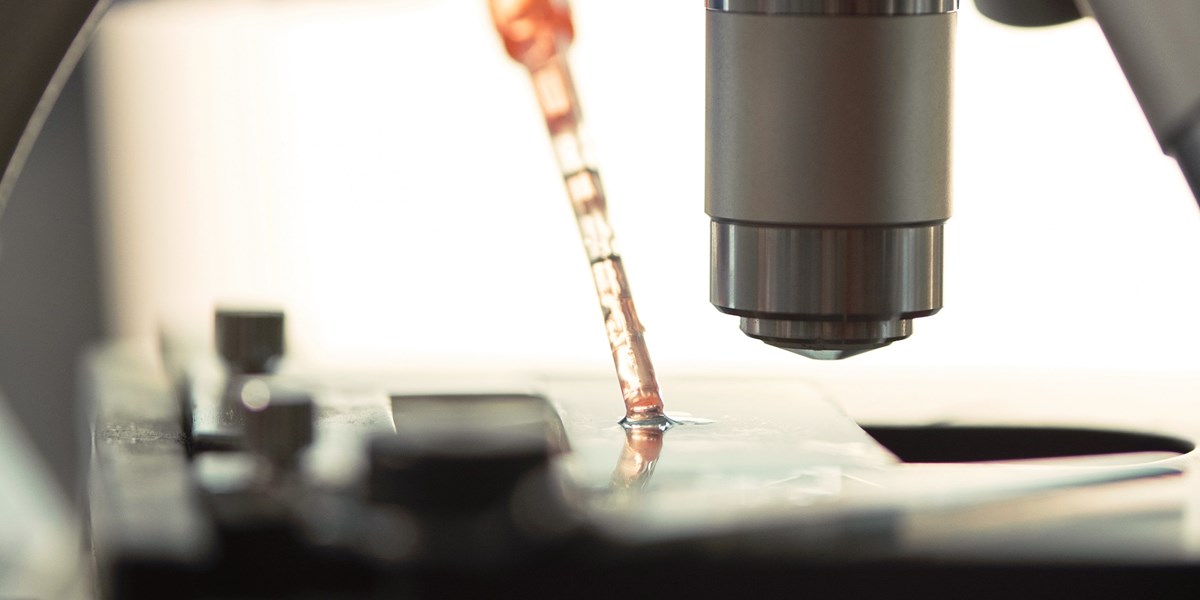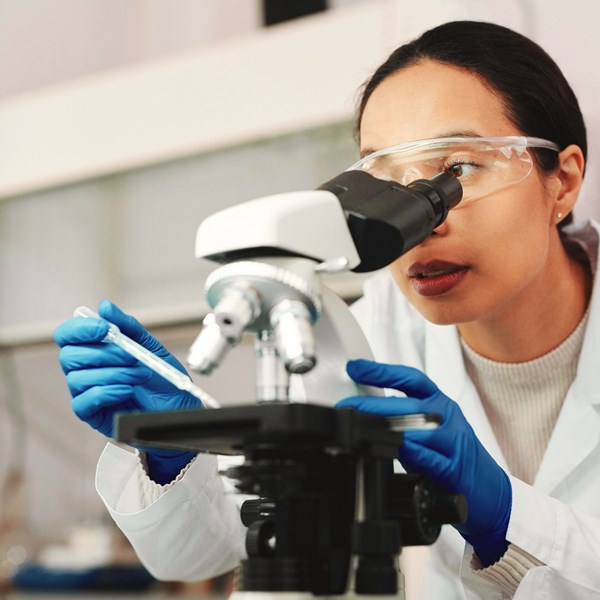In recent years, the convergence of beauty and pharmaceuticals has given rise to a new category of skincare products: cosmeceuticals. Cosmeceuticals blend cosmetic and pharmaceutical benefits and are designed to address skin complaints such as acne, dermatitis, and signs of aging.
WHAT ARE COSMECEUTICALS?
Cosmeceuticals are skincare products that contain biologically active ingredients with purported therapeutic benefits. Traditional cosmetics are typically temporary and only affect the surface of the skin. In contrast, cosmeceuticals promise to deliver targeted and long-lasting results due to their active ingredients. Common active ingredients in cosmeceuticals include retinoids, peptides, hyaluronic acid, and antioxidants.
THE SCIENCE BEHIND COSMECEUTICALS
By definition, cosmeceuticals often blur the line between drugs and cosmetics. As cosmeceuticals are not intended to treat a disease, they have avoided strict pharmaceutical regulations.
As a result of this, the effectiveness of cosmeceuticals is often debated. While some ingredients, such as retinol and vitamin C, have been extensively studied and proven to improve skin texture and reduce wrinkles, other ingredients lack sufficient scientific evidence. For instance, ingredients like bakuchiol and growth factors have shown promise in preliminary studies but require more research to confirm their mechanisms of action and long-term efficacy.
RECENT EXAMPLES OF COSMECEUTICALS
Pavīse Lip Defense SPF
Biotech start-up B.A.I. Biosciences has been implementing the same processes and R&D used in oncology and immunology in the field of skincare. This has resulted in their patented DiamondCore® technology which claims to eradicate 80% of Reactive Oxygen Species (ROS), preventing the cell reactions that cause aging. This patented technology is featured in the Pavīse Lip Defense SPF, which promotes optimal collagen production, reverses fine lines and wrinkles, and prevents UV damage.
Medik8 Crystal Retinal
Retinaldehyde (retinal) is a powerful anti-ageing skincare ingredient and is supported by many years of peer-reviewed research. However, retinal is also relatively unstable in skincare formulations. This means that retinal can degrade over time, lowering the true concentration of active retinal, thereby reducing its effects.
Medik8’s Crystal Retinal contains a patented system that uses carrot seed oil as an antioxidant and sodium polyaspartate as a chelating ingredient. Together, these ingredients synergistically stabilise the retinal throughout its life cycle and ensure that the optimal amount of active ingredient reaches the skin.
Haus Labs Triclone Skin Tech Foundation
Created by Lady Gaga's Haus Labs, this foundation combines medium coverage with skincare benefits. It includes patent-pending fermented arnica which claims to be 860% more potent than conventional arnica to reduce redness as well as protect the skin from environmental stressors.
It also features a patent-pending, bio-engineered, antioxidant-rich complex (BioFerment7) that promotes anti-aging and protects from oxidative and environmental stress.
THE ROLE OF INFLUENCER MARKETING
Another significant aspect of the cosmeceutical industry is influencer marketing, which has been driving the popularity of many "cult" skincare products. Influencers with large and engaged followings can effectively showcase product benefits and personal experiences, creating a sense of trust and authenticity. This approach often leads to rapid consumer adoption and viral trends, even for products that may lack extensive scientific backing.
THE FUTURE OF SKINCARE?
The innovation in cosmeceuticals is driven by a commitment to merging scientific research with beauty. Brands like Pavīse, Medik8 and Haus Labs are pushing the boundaries of skincare by developing products that not only enhance appearance but also improve skin health, reflecting the industry trend of movement towards personalized and effective skincare solutions.
DO COSMECEUTICALS REALLY WORK?
Unfortunately, there is no simple answer to this question. While some cosmeceuticals are backed by robust scientific evidence, others require more research to validate their claims. As with any cosmetic or pharmaceutical, the effectiveness can vary due to an individual’s reaction to the product, the concentration of active ingredient present, and the delivery of the active ingredient to its target.
As the field evolves, ongoing research and innovation, alongside developing appropriate regulations, will continue to shape the long-term efficacy and safety of cosmeceuticals.
If you are innovating in cosmeceuticals, please do get in touch. Our dedicated FMCG team are here to help you to identify, protect and maximise the value of your brands and your intellectual property.






